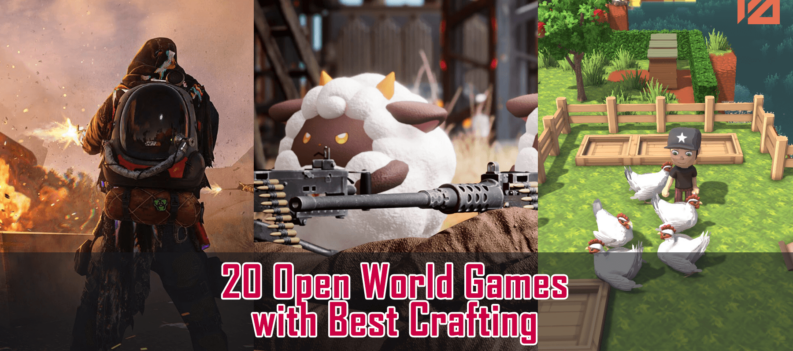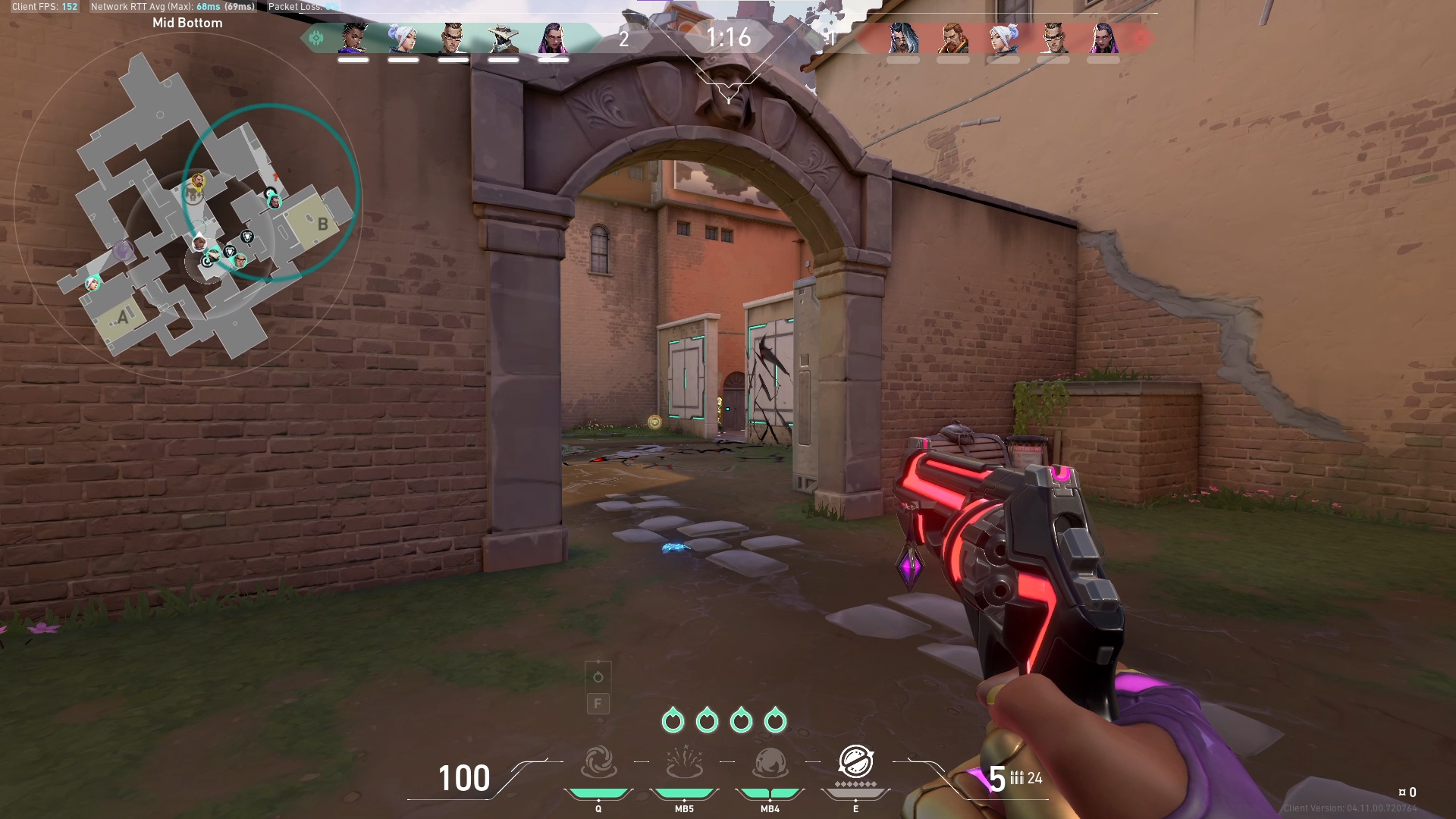Overcooked presented itself as a game with a simple premise and fun times. I mean you’re cooking for an Onion King and the kingdom you call home. At first things come together well thanks to playing with my wife. Laughs were had and goofball moments emerged. Sadly the game’s structure, tediousness, and lack of any worthwhile single player experience quickly rose to the surface. Which is disappointing because there is fun to be had in small doses. It’s just that too much holds Overcooked back from being worth your time and money.
The story starts out with two chefs, the Onion King, and a dog on top of a building in a city being destroyed by The Beast. Which soon shows up looking to be fed because nothing can sate it. Turns out it has the body of spaghetti pasta and the head of a meatball. Yes, go ahead and make Flying Spaghetti Monster jokes. Your king who is a literal onion, with a wicked mustache, orders the playable chefs to cook like they’ve never cooked before to save the city. You fail and retreat back in time to get more experience and training. Although how you do this is a little absurd.

Cue in the gameplay and it’s as simple as it sounds. From a top down perspective, you have to acquire ingredients that are shown at the top of the screen, chop them up, cook them, and eventually serve them while doing so in the appropriate locations. For example, to make tomato soup you’ll have to retrieve three tomatoes, chop all three, place them in a pot, pour it out on a plate when it’s done cooking, and serve the meal to the designated area. In some levels you even have to wash the plates that come back from hopefully satisfied customers. There is also a fire extinguisher in case you let something overheat too long. Trust me, the fires build up quick. Of course things get slightly more progressive with the meals but the core gameplay remains the same.
The levels vary as you travel to different parts of the world in order to potentially save it by becoming master chefs. Levels consist of normal kitchens, moving trucks, pirate ships, icebergs, space, and more. Some also have events to hamper your progress. Counters and stations moving mid-gameplay, an earthquake shifting parts of the ground up and down, and moving platforms just to name a few. Not to mention the different shapes each kitchen can take. Levels and effects are cool at first as I appreciated the variety they offered both in setting and mechanics. The characters to choose from are pretty out there too with different animals and humans alike.
Unfortunately, at best this is all fun for a little bit if you have people over and incredibly boring and frustrating if you play by yourself. On one hand the events that happen in the middle of your cooking grow to be annoying. It is less fun and more tedious to the point where Overcooked is half cooking and half planning out your physical steps. What’s more is if you play by yourself you can’t control just one cook. You have to play as two cooks simultaneously which as you’d assume doesn’t work. The game tries to make up for this by making cutting things take longer but it’s like a snake eating its own tail.

The structure of each level is based on earning one to three stars depending on your performance. Eventually, you’ll continue to hit levels you can’t access until you acquire a specific number of stars. I don’t know why this roadblock was put in place. You could have one star in all levels and still be unable to proceed. Leaving you with the repetitive annoyance of the things I’ve mentioned before. What’s more is all this could have at least been eased if there was online multiplayer. Sure there’s a versus mode, which pits two/four players against each other, but it is local co-op only.
-
Overall - Bad - 4.9/104.9/10
Summary

Overcooked could have been such a fun online game but that wasn’t implemented. It could have been a party game for any occasion but tediousness and self-hampering prevent the title from being fun for more than a few hours if that. The cooking adventure lacks the fun of cooking when it constantly puts roadblocks in front of itself. Solving the singleplayer problem is as simple as reducing point thresholds and allowing the use of just one chef and the tediousness element can be fixed by removing mandatory star requirements to move the plot along. Experiencing what this game has to offer the first time is enjoyable but thanks to the way it’s designed, everything will slowly turn to irritation.
Review Disclaimer: This review was conducted using a digital copy of the game provided by the publisher. This has no effect on the content of the review or the score. For more information, please read our Review Policy















